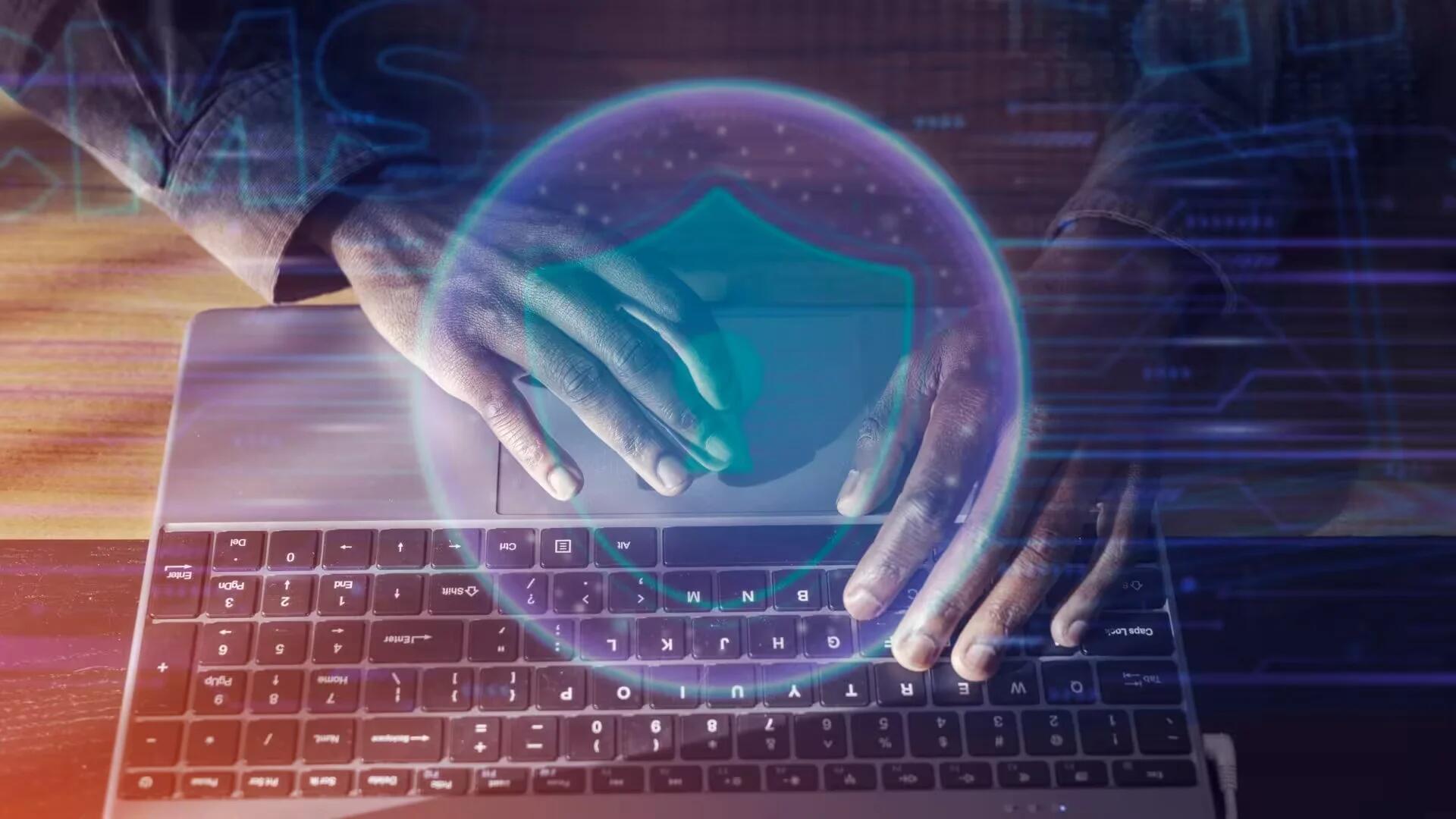The FBI and other federal agencies strongly discourage companies from paying ransomware demands. They warn that doing so can encourage cybercriminals and make future attacks more likely.
Cybercriminals can encrypt company data systems and threaten to publish or corrupt the information unless a ransom is paid. Such attacks can be devastating to the victims and their families.
What is a Ransomware Settlement?
For many companies, data is more than just an asset. It is the lifeblood of their business. Unfortunately, it is also a lucrative target for cybercriminals, who can use ransomware to cripple business operations by preventing access to their systems or data until the victim pays a ransom.
The federal government recommends that victims never pay a ransom to retrieve their stolen files. Instead, it is best to work with experienced cyber forensic experts who have experience assisting victims in cleaning up after a ransomware attack.
Cybersecurity ventures report a surge in ransomware assaults. Attacks climbed by over 300%, and the typical ransom price soared by over 400%. Ransomware-related downtime has also surged by more than 200%.
Healthcare organizations are especially susceptible to these attacks because they have sensitive patient information that hackers can exploit. One example is Community Health Systems (CHS), which suffered two major breaches that compromised millions of patient’s personal health information (PHI). The breaches put patients at risk of identity theft and other financial losses.
Another common target for ransomware attacks is financial services companies. Hackers can steal confidential information, including credit card numbers, account balances, and other financial records.
Is There a Benefit to Ransomware Settlement?
Despite the dangers of ransomware, many businesses give in to hackers’ demands and pay up. But giving criminals leverage and resources only encourages them to launch more attacks. Instead, leaders should improve security practices to prevent cyberattacks heed the advice of cybersecurity experts like Fortinet and avoid paying ransomware settlements. Ransomware is a growing problem for companies of all sizes and industries. The COVID-19 pandemic increased the number of employees working from home, opening the door to hackers using remote systems to access company computers. In addition, a recent study found that only 33% of companies conducting internal training is no assurance that the data will be restored, even if a business pays a ransomware settlement. The criminals may occasionally keep the file’s key and use it to strike at other companies.
Even if a corporation pays the ransom, there is no assurance that the data will be returned. In some circumstances, the crooks keep the file’s key and utilize it to attack other businesses. In other cases, the data may already be corrupted or otherwise compromised.
What is the Risk of a Ransomware Settlement?
A company that pays a ransom faces risk in many ways, from the threat of releasing sensitive data to high recovery costs. Moreover, the public announcement of a ransomware attack can damage reputation and customer confidence.
Some cyber criminals also threaten to expose the victims’ personal information if the company refuses to pay the ransom, further intensifying the pressure. For these reasons, it can be tempting for a company to pay, especially if the recovery process is expected to take longer than a few days.
However, a company that makes this choice can face legal ramifications from the government. For example, healthcare companies face fines if they breach HIPAA regulations and disclose a ransomware attack. In addition, states can sue the company for violating their data security laws.
Creating a strong incident response strategy is the best way to reduce these risks. This plan should include decision-making processes for whether to pay a ransom and procedures for reporting the attack to law enforcement and the company’s cyber insurance carrier (if applicable).
What is the Cost of a Ransomware Settlement?
The cost associated with a ransomware settlement includes not just the monetary demand from hackers, but also the costs of service downtime, legal fees and lost data. Additionally, the damage to a company’s reputation can be considerable. When all of these factors are considered, the true cost of a ransomware attack can be exponentially higher than what is often reported in the media.
While great ransomware demands can make headlines, smaller businesses and organizations account for most attacks. As such, cyber insurance firms are increasingly adjusting their policy requirements to reflect the increasing cost of recovering from a ransomware incident.
In addition to monetary losses, the cost of a ransomware settlement can include damages from lawsuits brought by victims of a breach.
Companies that suffer a ransomware attack typically face significant litigation from their customers, suppliers, and investors and fines and penalties from regulators. A successful ransomware settlement can also majorly affect a company’s cybersecurity practices. This can include a requirement to install stronger encryption technologies. For these reasons, companies must understand the full extent of a ransomware settlement before agreeing to a deal with threat actors.
